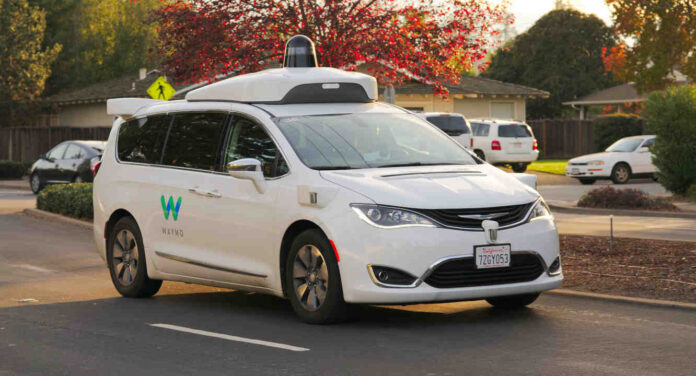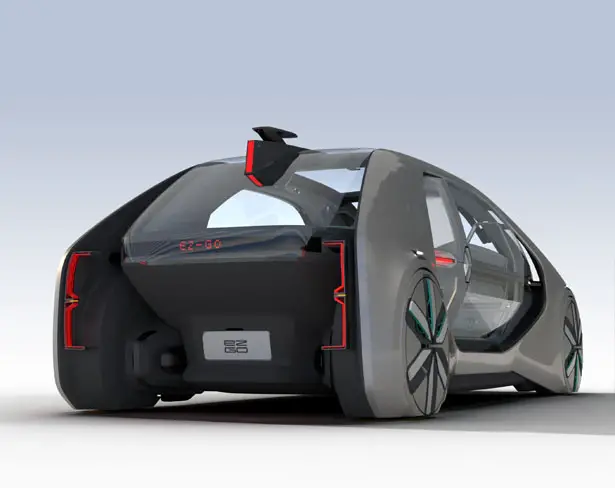
Driverless cars and the way we travel
Driverless cars, also known as autonomous vehicles, have emerged as one of the most transformative technologies of our time.
Powered by artificial intelligence (AI) and advanced sensors, these vehicles have the potential to reshape our transportation systems and revolutionize the way we travel.

However, like any technological innovation, autonomous cars come with their own set of advantages and disadvantages. In this article, we will explore the pros and cons of them, shedding light on both the promises and challenges they present.
Pros of Driverless Cars:
- Enhanced Safety: One of the primary arguments in favor of driverless cars is the potential for significantly improved road safety. Human errors and distractions are leading causes of accidents, but autonomous vehicles eliminate the risk of drunk driving, fatigue-related incidents, and other forms of human error. By relying on sensors, cameras, and advanced algorithms, they can navigate traffic, detect obstacles, and react swiftly to potential dangers, potentially reducing accidents and saving lives.
- Increased Efficiency and Reduced Congestion: Autonomous vehicles have the potential to optimize traffic flow and reduce congestion on our roadways. Through advanced communication systems, they can cooperate and coordinate with each other, minimizing unnecessary acceleration and braking. This optimization can lead to smoother traffic patterns, shorter travel times, and reduced fuel consumption, benefiting both individuals and the environment.
- Accessibility for All: Driverless cars hold great promise in improving mobility for individuals who are unable to drive, such as the elderly and people with disabilities. By removing the need for human operation, autonomous vehicles can provide a newfound sense of independence and freedom, allowing individuals to travel safely and conveniently, even if they are unable to drive themselves.
- Potential Environmental Benefits: With the integration of electric powertrains, driverless cars have the potential to significantly reduce carbon emissions and combat climate change. As electric vehicles become more prevalent in autonomous fleets, we can expect a considerable reduction in greenhouse gas emissions, improving air quality and mitigating the environmental impact of traditional combustion engines.
Cons of Driverless Cars:
- Technological Limitations: Despite rapid advancements, autonomous vehicles still face certain technological limitations. For instance, they may struggle in adverse weather conditions, such as heavy rain or snow, where sensors and cameras might be impaired. Additionally, the intricacies of complex city environments, including construction zones and unmapped areas, can pose challenges for driverless cars to navigate accurately.
- Ethical Dilemmas: As driverless cars operate on algorithms, they must be programmed to make split-second decisions in potential accident scenarios. These situations raise ethical dilemmas, such as determining how an autonomous vehicle should prioritize the safety of its passengers versus that of pedestrians or other vehicles. Resolving these ethical questions remains a significant challenge and requires careful consideration.
- Job Displacement: The rise of driverless cars may lead to job displacement for millions of professional drivers, including taxi drivers, truck drivers, and delivery personnel. While autonomous vehicles create new job opportunities in manufacturing and technology sectors, the transition could disrupt the livelihoods of individuals who rely on driving as their primary source of income. Addressing the social and economic implications of automation will be crucial to ensure a smooth transition.
- Privacy and Security Concerns: Autonomous vehicles collect vast amounts of data to operate effectively, raising concerns about privacy and cybersecurity. As driverless cars become increasingly connected to the internet and other devices, they become potential targets for cyberattacks and data breaches. Ensuring robust cybersecurity measures and protecting user privacy will be paramount to gaining public trust in this technology.
Final conclusions
Driverless cars have the potential to transform the way we travel, offering enhanced safety, improved efficiency, and greater accessibility.
However, challenges such as technological limitations, ethical dilemmas, job displacement, and privacy concerns need to be addressed to fully realize the benefits of this revolutionary technology.
Striking a balance between innovation and regulation will be crucial as we navigate the path towards a future where driverless cars coexist harmoniously with our society, economy, and environment.



